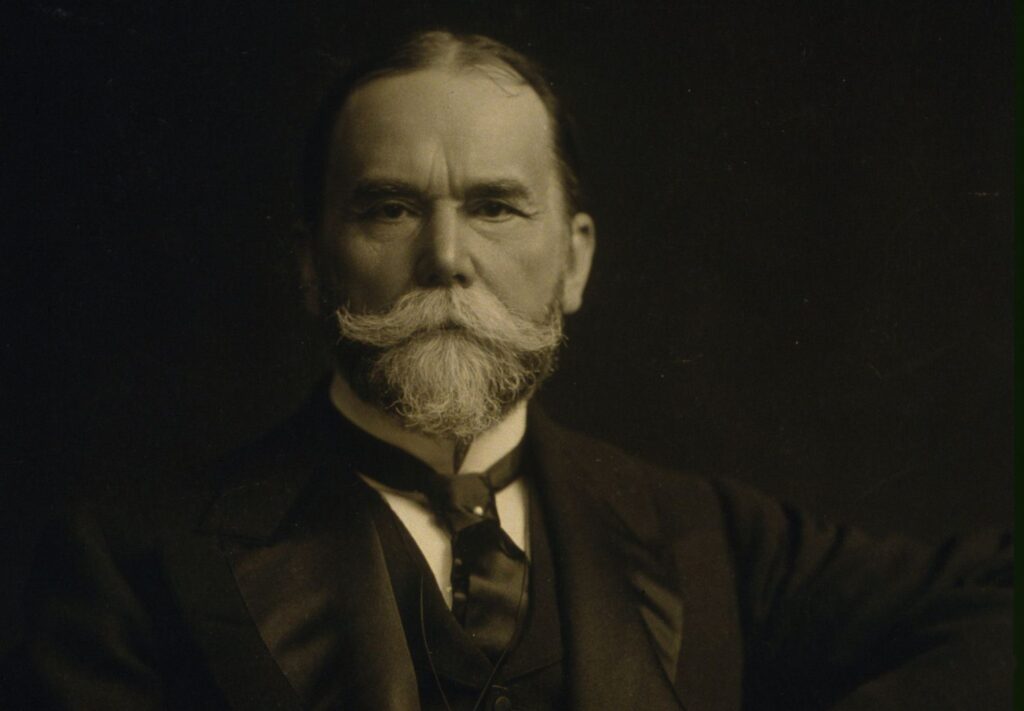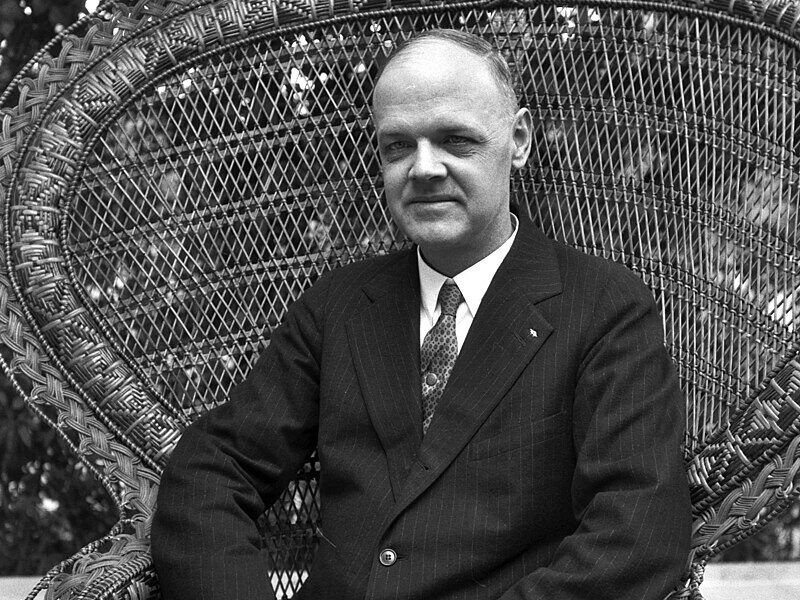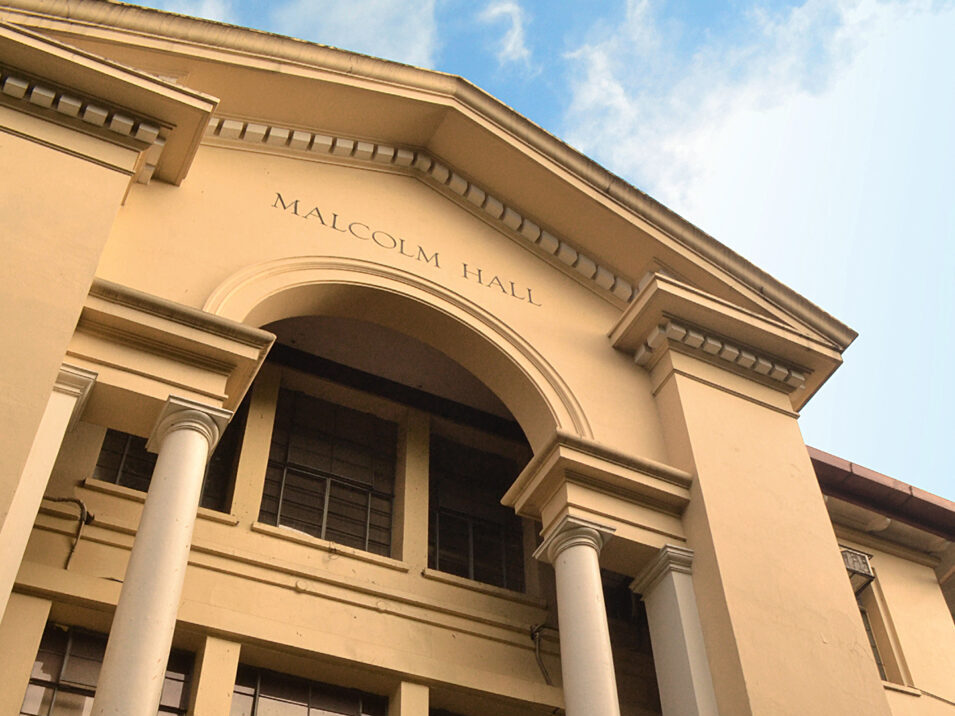Beyond Borders: The Influence of US Heritage on Philippine Law
Introduction
According to a report by Grant Thornton, the LPO (Legal Process Outsourcing) industry in the Philippines is expected to reach US$3.5 billion by 2025. This rapid growth can be attributed to various factors, but one significant reason is the shared heritage between the Philippines and the United States, particularly evident in the history of the Philippine Legal System.
Legal systems are shaped by history and culture. In the Philippines, American influences have played a big role. From the “Audiencia Teritorial de Manila” to figures like George A. Malcolm, the legal system reflects this mix. Understanding these historical links helps us see how laws evolve and how cultures interact. Let us take a brief journey through time to learn more.
Historical and Cultural Parallels in Legal Systems

© John Hay. Library of Congress
In the wake of the Spanish-American War in 1899, Secretary of State John Hay’s proposal for a colonial government provided Filipinos with a glimpse of self-governance. This initiative led to the establishment of the “Audiencia Teritorial de Manila,” a significant entity tasked with applying Spanish laws recognized by the American military governor as continuing in force.
Remarkably, the reestablished Audiencia became the first agency where Filipinos were appointed side by side with Americans. This collaborative effort marked a pivotal moment in shaping the legal system of the Philippines. The recognition and application of Spanish laws by the Audiencia contributed significantly to the foundation of legal traditions that persist in the Philippines even up to this day.

© George Malcolm, Los Angeles Times
Fast forward to 1917, the Philippine legal system became more prominent when George A. Malcolm, an American lawyer, is appointed as an Associate Justice of the Supreme Court of the Philippines. His influence extended far beyond the courtroom, as Malcolm later assumed the role of dean at the University of the Philippines’ College of Law. Teaching constitutional law and legal ethics, Malcolm mentored future Philippine Presidents—José P. Laurel, Manuel Roxas, and Elpidio Quirino.

© UP Malcolm Hall, UP College of Law
In fact, the College of Law building was named “Malcolm Hall” in his commemoration. It stands as a testament to the deep impact Malcolm had on the early development of the Philippine legal system, showcasing the strong bonds between legal scholars in both nations.
Conclusion
It’s fascinating to see how the legal systems in the Philippines and America have followed similar paths, almost like they’re walking hand in hand through history. Considering this parallel evolution, it’s no wonder why outsourcing virtual legal assistants and virtual paralegals to the Philippines seems like a natural fit. With shared values and a deep understanding of legal principles, it’s more than just a business decision—it’s a continuation of a longstanding relationship built on mutual respect and collaboration.
References
- Piton Global (2023). Legal Process Outsourcing (LPO) Philippines: Transforming the Legal Landscape. Retrieved from: https://www.piton-global.com/legal-process-outsourcing-lpo-philippines-transforming-the-legal-landscape/
- George A. Malcolm papers, 1896-1965 – University of Michigan Bentley Historical Library. https://findingaids.lib.umich.edu/catalog/umich-bhl-851764
- Supreme Court of the Philippines Retrieved from: https://sc.judiciary.gov.ph/history/#link-1890s

Leave a Reply